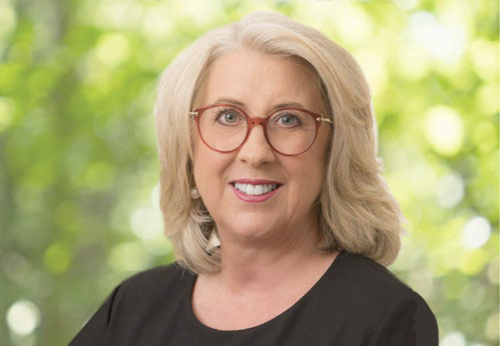The family courts in Australia recognize the limits of an adversarial system, in which sides come to a judge, armed with aggressive lawyers, to let someone else determine their future. Rather than encouraging people – many of whom were married to each other for years, raised children together and made difficult life-changing decisions together – to discuss the issues with each other when there is a problem, it encourages them to do battle against one another, make the other person suffer, and take as much as they can. There is no balance between the carrot and the stick – there is only a stick, no carrot.
Family law in Australia does, however, offer alternatives to the traditional court approach. Many couples, after first trying to resolve their dispute on their own, now turn to mediation. Mediation generally takes place between the husband and wife or de facto partners, sometimes with their lawyers at their sides (if both sides agree) and is led by a trained, neutral mediator. Mediators may be lawyers themselves, but also come from backgrounds in social work and family therapy. The mediator helps the sides define their interests and what is important to them, manages the discussion between the sides and helps them come to a resolution.
The mediator’s responsibility is to assist the sides in resolving the problem in the best way possible for everyone. This means looking at the whole picture – the children, the ability of the sides to continue working together in the best interests of the children, ensuring that everyone can stand on their feet economically – and not just at the individual desires or demands of one particular side. It’s not an easy task for the mediator and it’s even more difficult to bring the sides to this larger understanding. The mediator does not serve as a judge, making a final ruling. The final agreement must come voluntarily from the two parties.
In certain family disputes in Australia, couples, both married and de facto, are required to attend Family Dispute Mediation. Trained practitioners in the field of family disputes, with professional backgrounds in the fields of law, social work and psychology work with a separating couple to help them through the process. These practitioners will advise the couple on best practices for the good of the children. Family Dispute Mediation is required before parents apply for parenting orders from an Australian court. Parents attending this type of mediation receive a certificate which must be submitted to the court before parenting orders will be given. There are exceptions to this requirement, however, such as urgency, domestic abuse or mental illness.
Vanessa Mathews is a family law specialist and mediator and an accredited family dispute resolution practitioner. Byron Bay law also provides the full range of dispute resolution options, including lawyer-led negotiations and arbitration.











